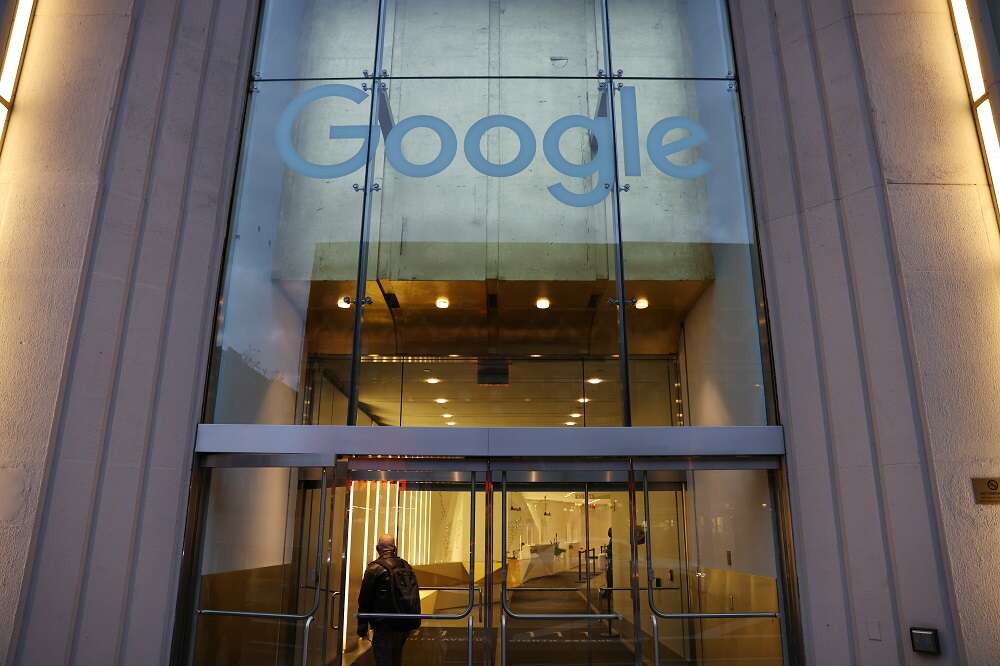
By Paresh Dave
OAKLAND, Calif. (Reuters) – Alphabet Inc’s Google from April 4 will require employees back about three days a week in some of its U.S., U.K. and Asia Pacific offices, its first step to end policies that allowed remote work because of COVID-19 concerns.
An internal email on Wednesday seen by Reuters told employees in the San Francisco Bay Area that “advances in prevention and treatment, the steady decline in cases we continue to see and the improved safety measures we have implemented … now mean we can officially begin the transition to the hybrid work week.”
Google joins a wave of technology and finance companies that have begun mandating a return to office. While some big employers have embraced voluntary work-from-home policies permanently, others including Google are betting that it is best to push in-person interactions among colleagues.
Google expects most employees will be in offices about three days a week, with some variance by team and role.
Everyone coming to the office must be fully vaccinated against COVID-19 or have an approved exemption, according to the email from John Casey, Google’s vice president of global benefits. Unvaccinated workers without an exemption will be given an option to seek one or apply for permanent remote work.
Fully vaccinated workers will not have to wear masks in Bay Area offices, Casey said.
Google declined to specify the other locations returning to normal on April 4, pending formal announcements to workers at those sites.
Employees not prepared to return April 4 also can seek a remote-work extension, Google said.
Since last June, Google has approved nearly 14,000 employees globally to transfer to a new location or go fully remote, Casey said. About 15% of applications have been denied, he added.
Google largely has restored office perks such as free meals, massages and transit. But while business visitors and meetings are permitted, employees cannot yet bring back families or children to dine or visit with them.
(Reporting by Paresh Dave; Editing by Chizu Nomiyama, Bernard Orr)


